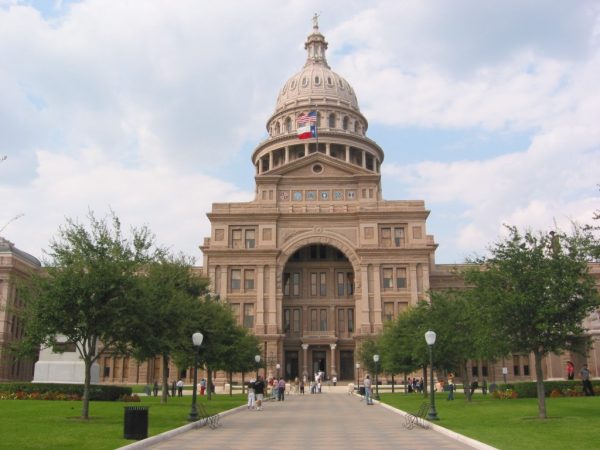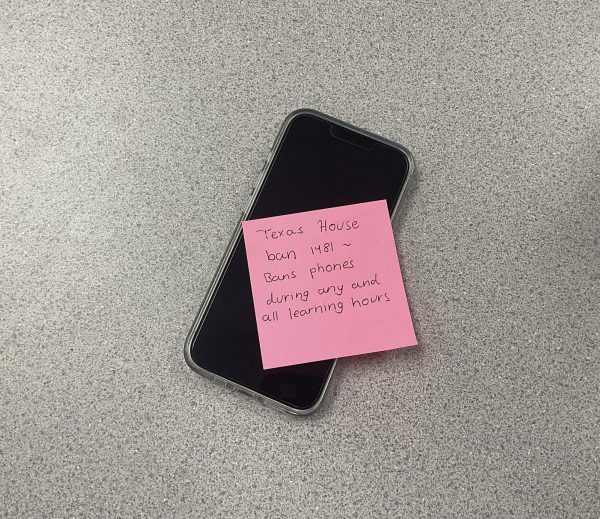Future U.S. foreign policy outlook in uncertain world
Recent world events have certainly generated a great deal of discussion and thought regarding the role of the United States on the global stage. The Middle East and North Korea, not surprisingly, have been at the forefront of such discussions. The question that many people are now asking themselves is: Where do we go from here?
The two events that have most recently affected the United States in the Middle East are the opening of the U.S. Embassy in Jerusalem and the withdrawal of the U.S. from the Joint Comprehensive Plan of Action, more commonly known as the Iran Nuclear Deal. These have both significantly shifted the role of the U.S. in the region.
Was it in America’s best interest to take this course of action? The opening of the embassy in Jerusalem certainly did not help relations between the Arab world and the U.S., yet it did reaffirm our relationship with Israel — a critical aspect of such action. Israel has historically been an extremely close ally of the U.S. in the Middle East. In today’s tumultuous world, the U.S. can not afford to lose its best ally in the region.
That being said, there is still a lot of work to be done in regards to the Israeli-Palestinian crisis. Israel has certainly not always been in the right regarding the issue. Neither has the Palestinian government. Their continued absolute dislike of each other results in their continued friction and violence.
Israel needs to acknowledge that Palestinians require more control regarding Gaza and the West Bank. The Palestinian government needs to understand that Israel has existed as a country, recognized by much of the world, for decades. There will never be a return to a region where Israel does not exist, and the Hamas leadership’s anti-Israel stances hurt any chance of a deal. Where does the U.S. fit into all of this? If President Trump was serious in his promise to broker a deal between Israel and Palestine, he must make these points clear. In addition, he must tread carefully if he is to bring both sides to the negotiating table. The decision to move the embassy to Jerusalem shouldn’t stall any talks. The U.S. has made its decision clear, and it does not preclude possible solutions to the conflict, including a possible Palestinian capital in East Jerusalem or other such options.
President Trump’s withdrawal of the U.S. from the Iran deal was not necessarily a surprise. While the decision may hurt American credibility abroad, the deal was inherently flawed to begin with, and Trump’s decision simply brought this issue front and center. While Iran froze their research into nuclear weapons for a decade, they in return received vast sums of money from sanction relief and previously frozen accounts. Then in the years following the deal, what actions do we observe from the Iranian government? More and more meddling in regions surrounding Iran, all while the government accuses the United States of meddling in the Middle East. Their greater influence in the region, especially in Syria in partnership with Russia, is worrying. The U.S. should not cede its influence in such a critical region of the world to the likes of Iran and Russia.
That being said, withdrawing lessened our support from European allies. Unfortunately, many European countries seemed hesitant to admit the inherent flaws in the deal, presumably due to their new business interests inside of Iran. Iran will now surely use the actions of the U.S. as proof that they were correct in all their assertions about American deceit.
The Europeans, including French President Emmanuel Macron, tried averting a U.S. withdrawal from the deal, with promises to negotiate another deal with the Iranians covering issues including ballistic missile development and Iranian influence in the region. The fact that these were not covered in the original deal points to the failure of the Obama Administration in creating a strong deal that promoted American interests. The ideal situation would have been for the Trump Administration to work with the Europeans to build a second deal, but this situation would depend on the Iranians, who would most likely not agree to resume negotiations after they got away with so much. It seems likely that the U.S. saw this, and instead took drastic action. It will remain to be seen how this impacts the Middle East in the next few years.
Besides the Middle East, the other main flash point of the world — the Korean Peninsula — seems to improving. Or is it? Recent North Korean comments, in response to careless comments by U.S. National Security Advisor John Bolton, put the chance of an unprecedented summit between North Korea and the U.S. in doubt.
If North Korea once again backs away from its aggressive rhetoric, then the other question at the forefront of everyone’s mind is how much Kim Jong-Un is willing to give up his nuclear weapons and “denuclearize.” The U.S. wants to ensure a peaceful and prosperous peninsula, and the most likely path to that is a non-nuclear peninsula. The U.S. needs to make clear that if the peninsula reunifies, there is a much smaller need for U.S. troops to be based in South Korea. Perhaps the U.S. could consider offering to withdraw troops from South Korea, once the North truly denuclearized, to pacify the North Korean leadership.
We can be hopeful that Trump will be able to broker peace on the Korean peninsula, for if he does, that will surely be the crowning achievement of his presidency. However, he will need to tread carefully in the Middle East, to ensure that his actions both support American allies and interests, while keeping America in a dominant position of influence, all while keeping the region from falling into a nuclear arms race.





